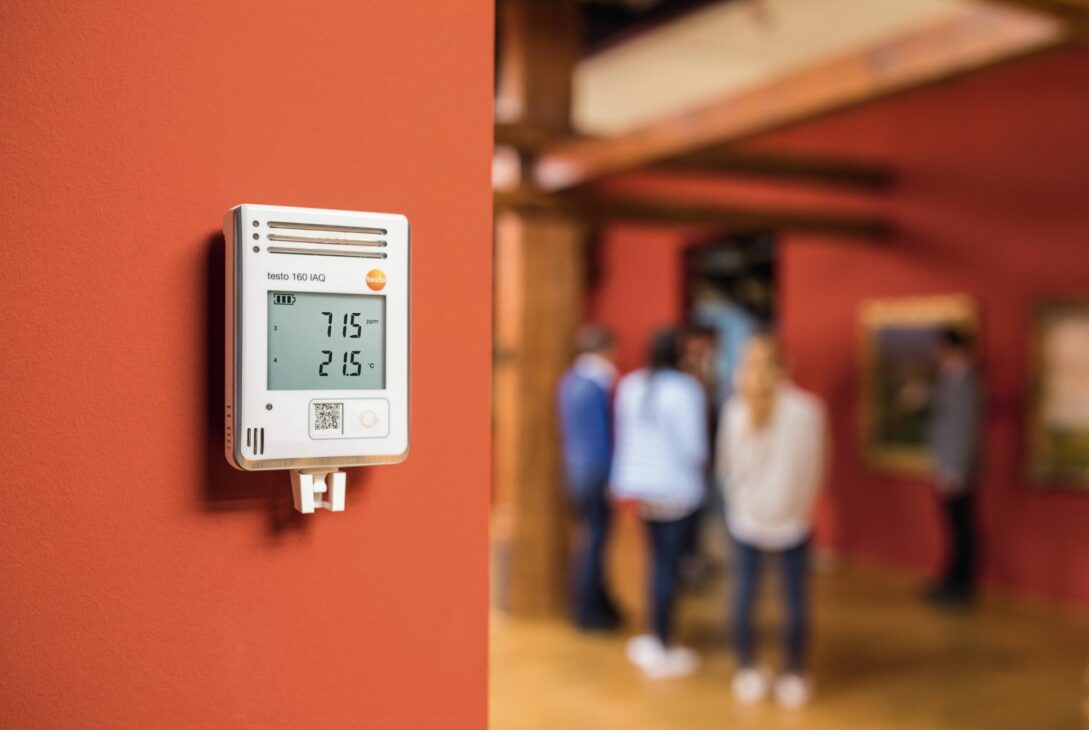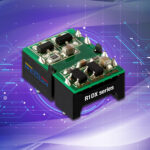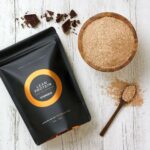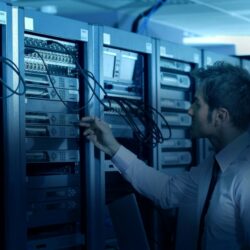Do you need to collect data about temperature, power or water continuously? You could manually take those readings, but it can take lots of time and effort. Even in the fast-paced world of the digital age, there is a better way! One alternative is a data logger that uses sensors to collect data. For example, PCs can often have operational problems if their temperatures climb over 158°F (70°C), according to Popular Science.
What Exactly are Data loggers?
These are small battery-powered units that use sensors to collect data. Some products collect general data while others collect specific types such as air temperature or electrical power. Make sure to consider what kind of data you want the device to collect.
Here are some of the most common applications of the units:
General Purpose
In certain instances, the data collected is not mostly a specific type like temperature or humidity. A general-purpose unit is practical in such cases. For example, when you have to collect a wide range of different analog or digital data, then this kind of unit is the most practical option.
Temperature/Humidity
These are some of the most common types of data that devices collect. They are available as different kinds of input devices such as USB. One of the common applications is for PCs and servers.
Today’s hardware, like Central Processing Units (CPUs), are powerful components. However, various situations can also cause them to overheat, which can cause the personal computer to malfunction.
Humidity readings are related yet a different kind of measurement. In some situations, it is important to check not only the air’s temperature but also the moisture levels. High humidity levels can also cause effects like malfunctioning electronic equipment.
Electrical Power
This type of logger checks how much “juice” is produced. It can provide readings about current, volts, and watts. These units are critical since the changing amount of electrical usage is non-stop. It is important to make sure that certain devices are not overloaded.
These units can also help households and businesses track their daily, weekly, and monthly energy consumption. Collecting such data can then allow them to determine where they can make adjustments for better energy efficiency.
Commercial Applications
Some data loggers are designed for specific applications including:
- Single/Multi-channel
- Refrigeration Analysis
- Events/Timing
- Serial Data
These units are critical if you need to collect specific data for specific applications. They are ideal for businesses related to meteorology, restaurants, and mainframe computers.
Weather Stations
Today’s digital weather stations are electronic devices that collect and display weather data. A device is used to collect different kinds of info, including:
- Temperature
- Humidity
- Carbon Dioxide
- Air Pressure
- Water Quality
These devices are especially critical during situations like storms when people track weather data for major changes. For example, the average maximum temperature in Australia is 29°C (84°F) during the summertime.
Specific-purpose Loggers
This is related to either the data type or application. In some situations, people want to collect specific data such as temperature, humidity, or pressure. In other cases, data is collected for specific applications. For example, an individual or company might want to collect specific kinds of data such as mains power consumptions, time-of-use, and so on. This type of device allows more customization for data collection.
A data logger can provide the perfect instrument for collecting and analyzing data such as temperature, humidity, and pressure. This can, in turn, make your industrial refrigerators, weather stations, and mainframe computers work more efficiently and save money. The process starts with picking the best logger for the right application.







![ExtraTorrents Proxy List For 2020 [100% Working Proxies To Unblock Extratorrents] ExtraTorrents Proxy List For 2020 [100% Working Proxies To Unblock Extratorrents]](https://www.troozer.com/wp-content/uploads/2020/08/extratorrent-cd-640x360-1-250x250.jpg)



